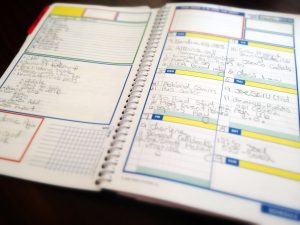 There are many benefits to sticking to a schedule. When workers, engineers and foremen can see their work come to completion exactly as planned, it’s satisfying for everyone involved. It also helps keep costs down and investors feeling confident. However, planning doesn’t come easily to most people, and the costs can be disastrous.
There are many benefits to sticking to a schedule. When workers, engineers and foremen can see their work come to completion exactly as planned, it’s satisfying for everyone involved. It also helps keep costs down and investors feeling confident. However, planning doesn’t come easily to most people, and the costs can be disastrous.
Most people will cut corners when they can. This has nothing to do with work ethic, it’s simply human nature to save energy when possible. Tight schedules can mean skipped steps, which can make for unsafe workplaces. Communication and time budgeting can help you.
Talk It Out
When contracts are being signed and work is being discussed, odds are there are misaligned expectations on either end of the deal. It stems from being unable to cover every last detail, but you can minimize this miscommunication by delving into the specifics of what the schedule will look like. Weather, new regulatory rules, machine malfunctions, common contagious illnesses: uncontrollable events are bound to happen. When you address this with everyone involved in the process, they start to understand that it’s not laziness or incompetency that causes delays.
Take Your Time
You may need to budget for more time than you think you’ll need, even when you take into account the many things that can happen. Under-promising and over-delivering is a tool that is often misused in business. Everyone is so busy proclaiming themselves to be number one that they’re forgetting what that actually means. When you’re competing with companies that promise they’ll get everything done in no time for half the price, that’s the time to set yourself apart by letting clients know that you get things done right the first time, every time. Your company promotes safety and quality above all else.
No Pressure
Some people do shine under pressure, but for many it just causes a lot of unnecessary stress. It only takes one mistake to lose a worker and be faced with a worker’s compensation nightmare. For the benefit of everyone, don’t put those kinds of expectations on your workers.





